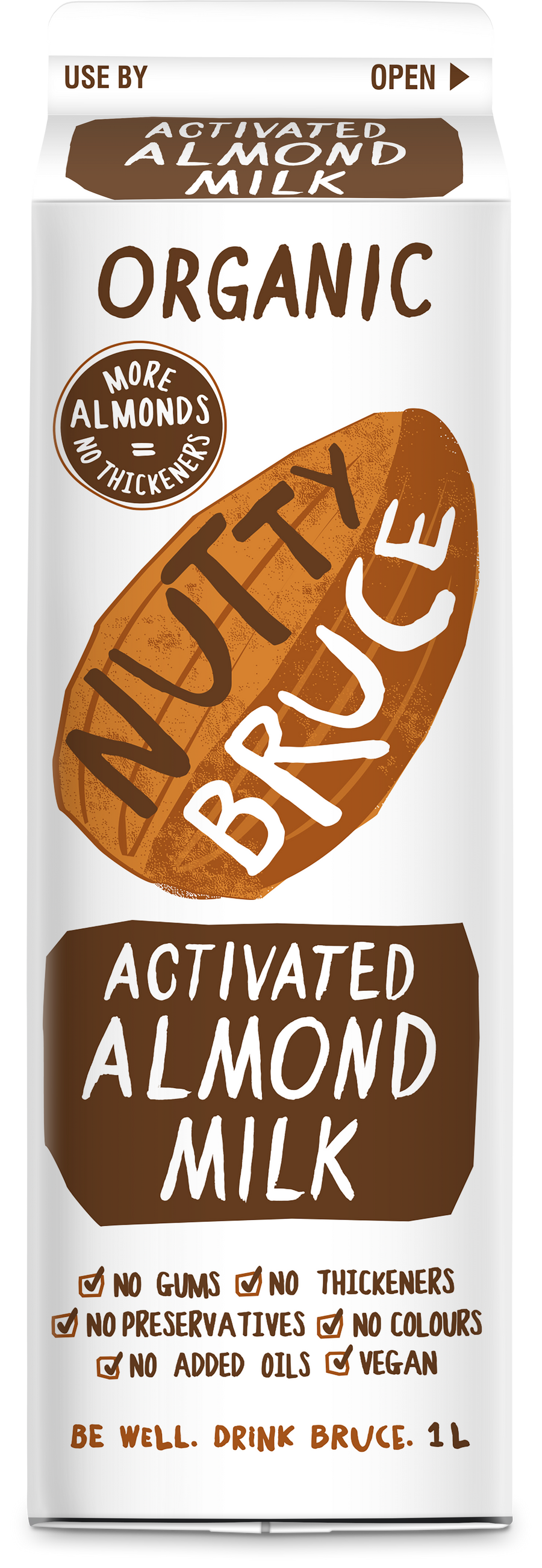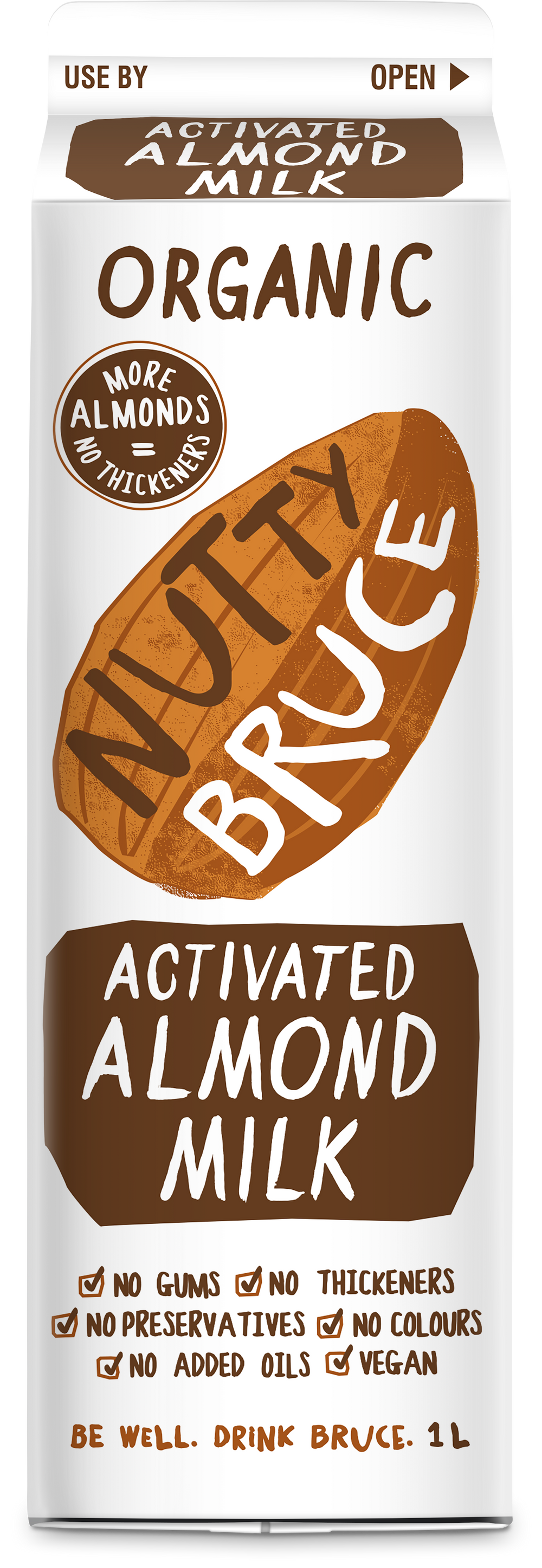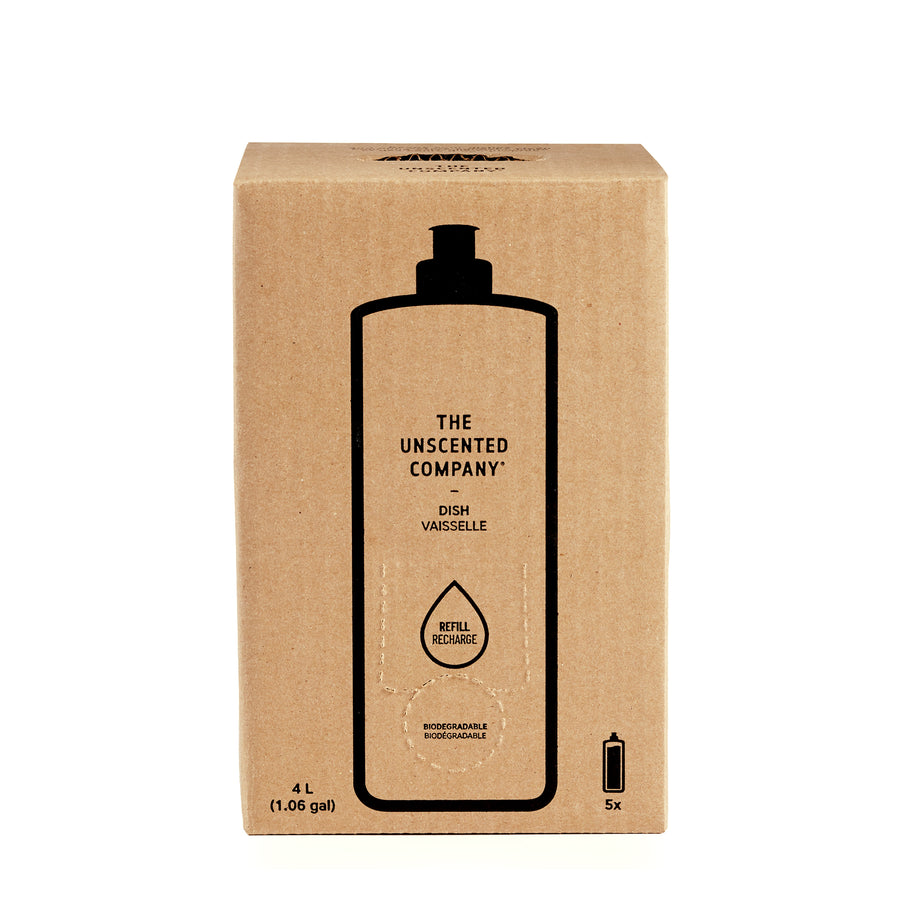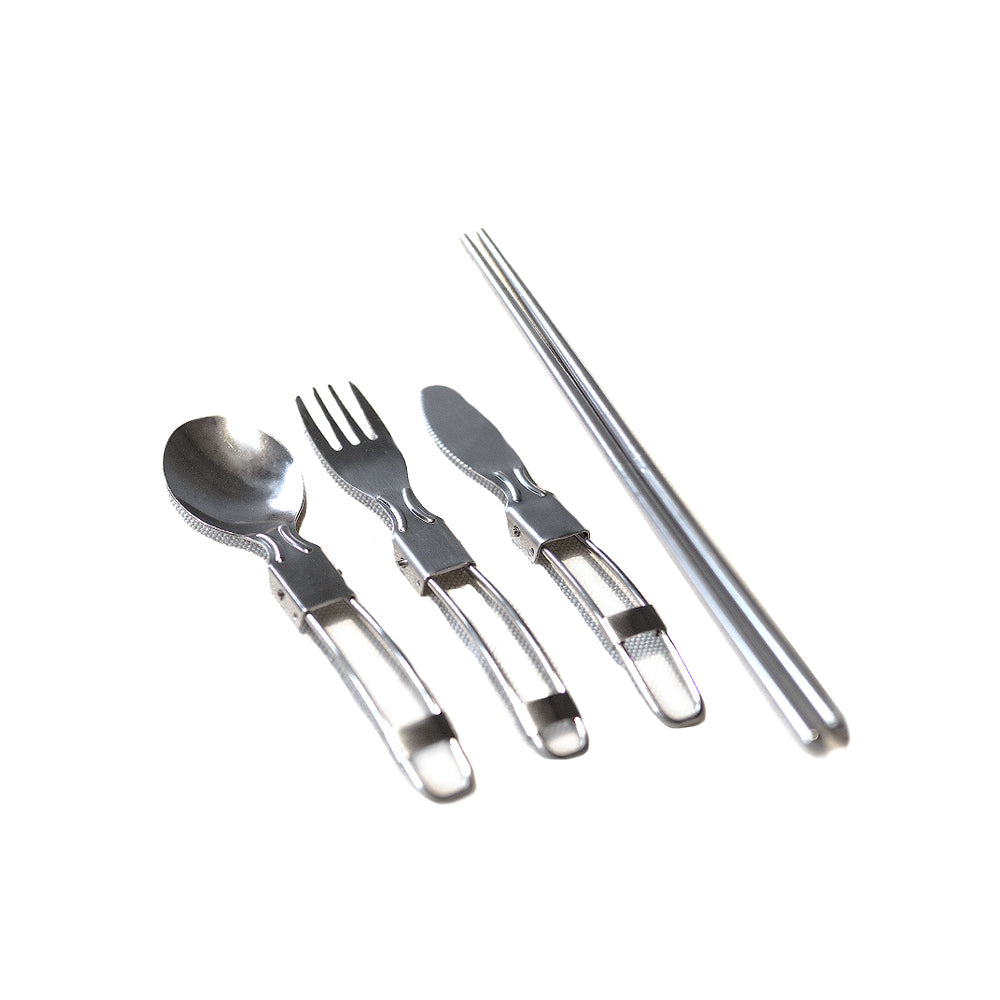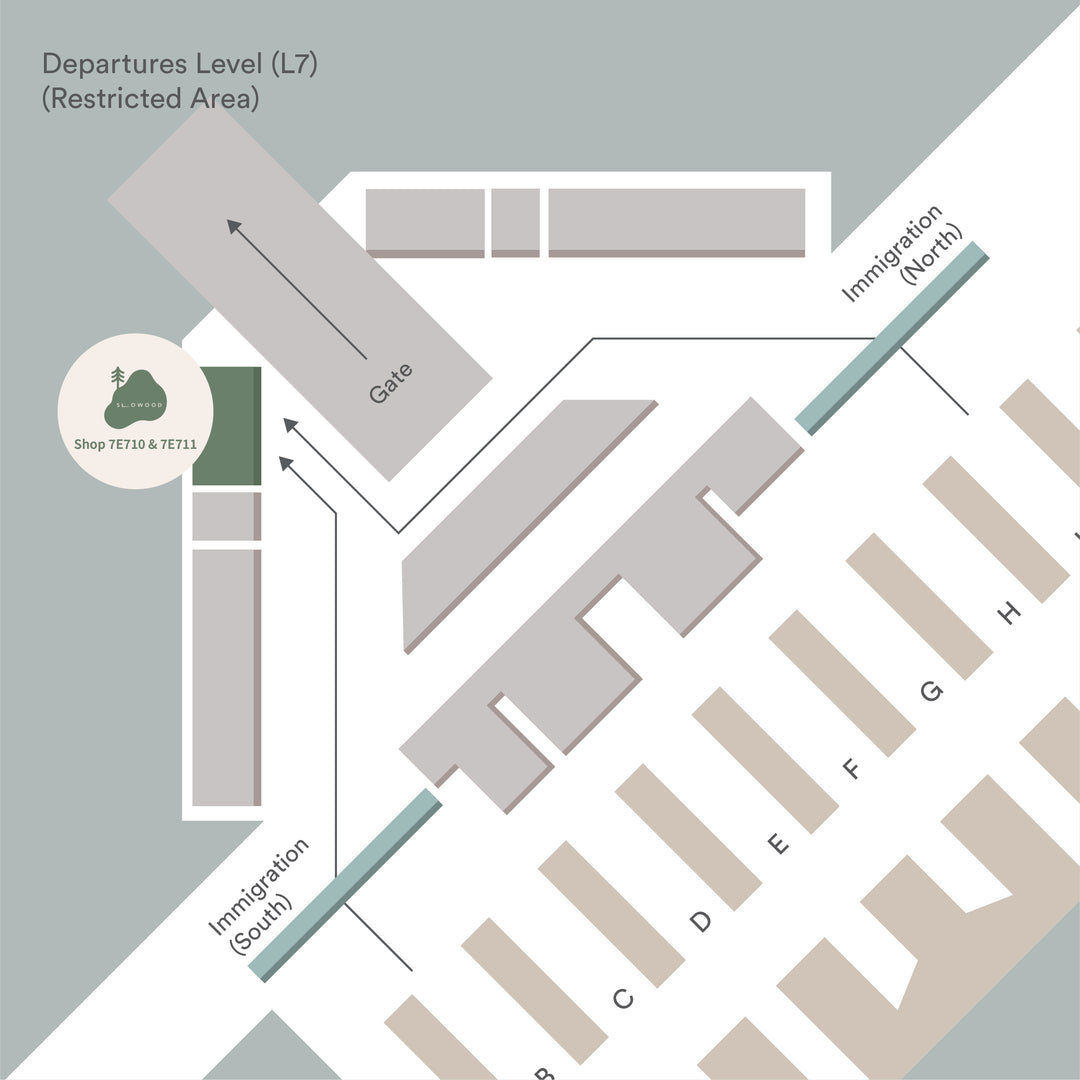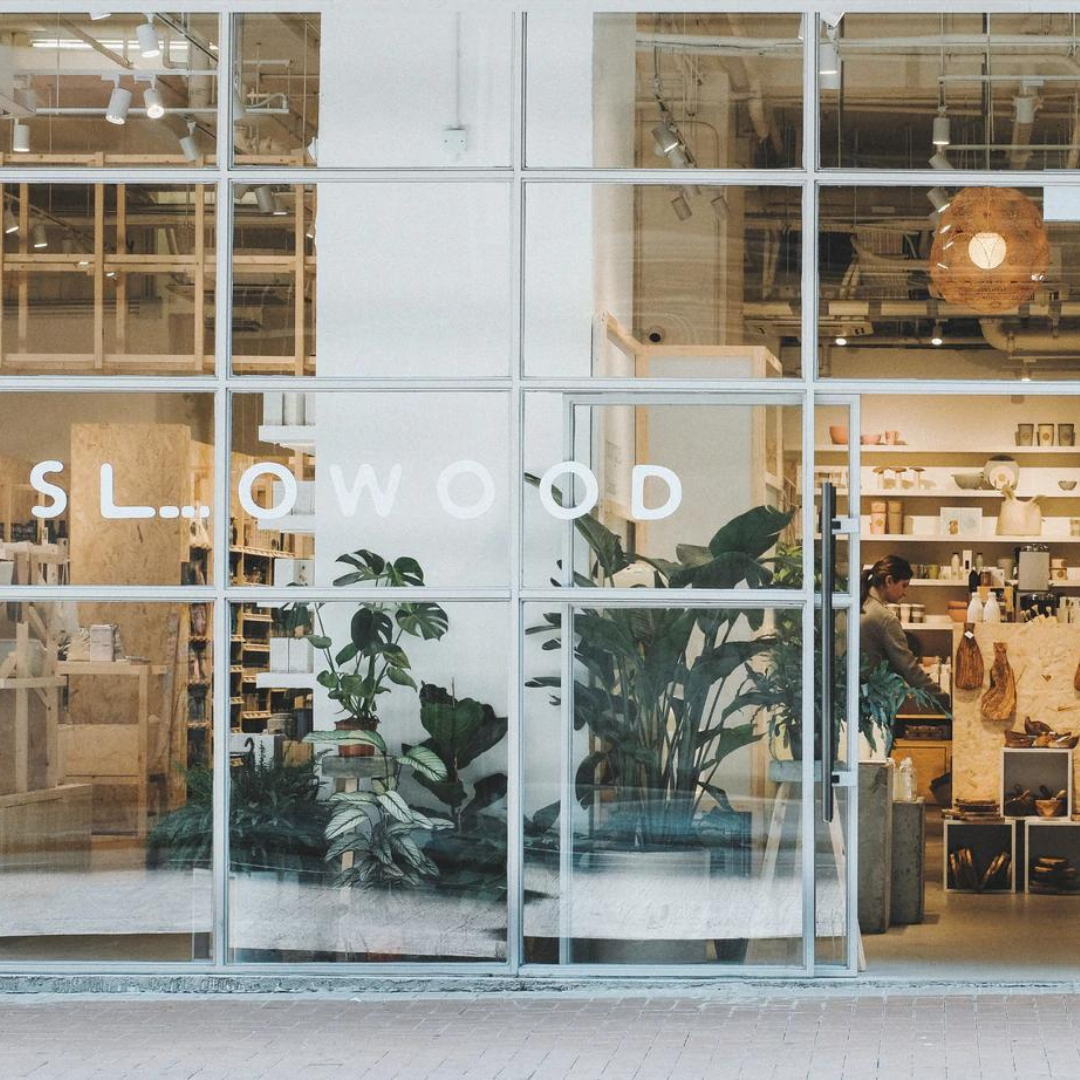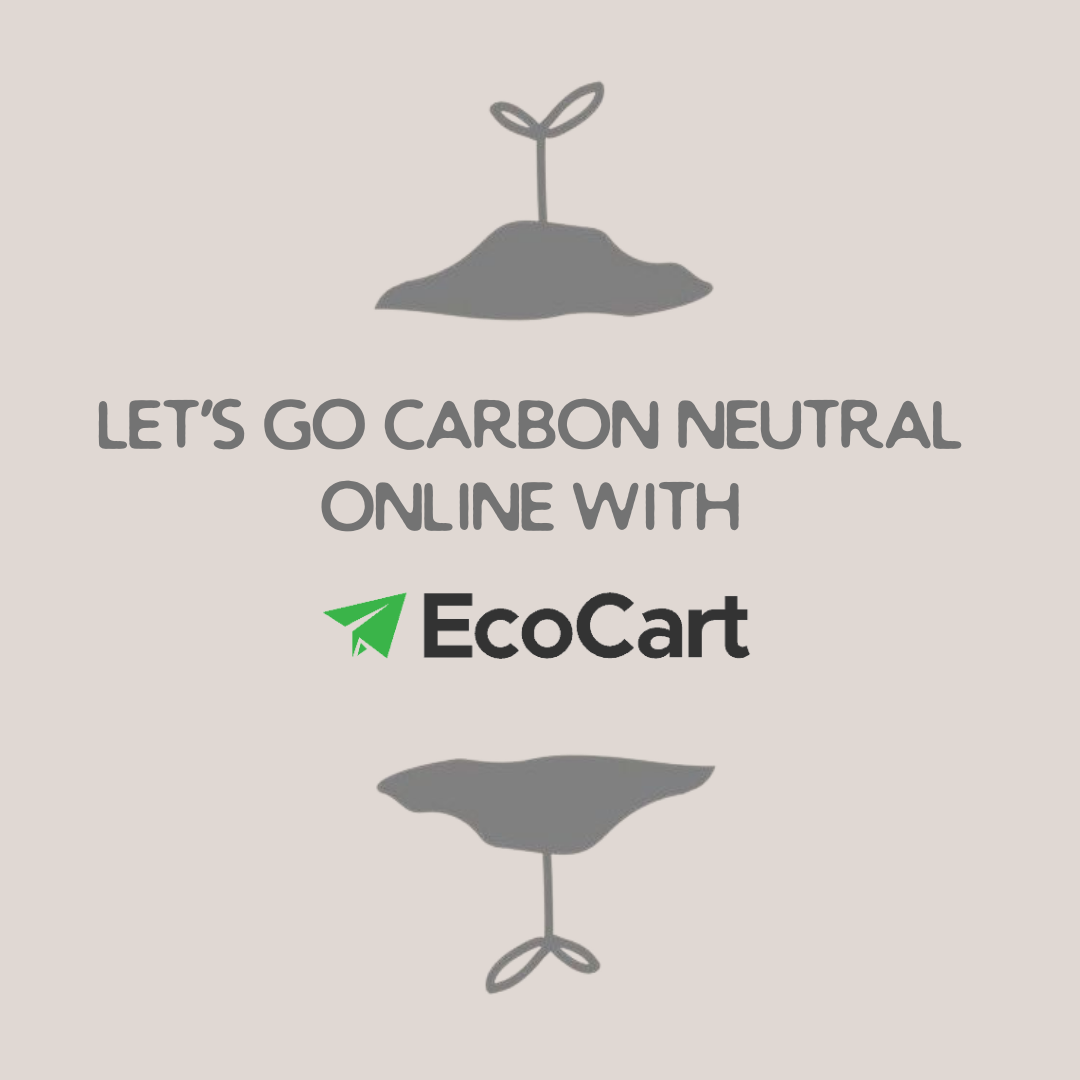Greenwashing - End Of Era EU Parliament Agrees to Ban Unverified Green Product Claims
The European Parliament approved a series of rules against greenwashing on recently, to protect consumers with reliable and verifiable information.
Companies are required to submit product marketing claims such as “biodegradable” or “less polluting” for verification before being allowed to use them.
ONE MAIN PROBLEM
Parliament’s Andrus Ansip said:
“Studies show that over 50% of environmental claims are vague, misleading or unfounded. We cannot speak about happy consumers if every other green claim is false. We cannot talk about a level playing field for our entrepreneurs while some traders are cheating.”
The new regulations primarily target product advertising and 'eco-labeling' by establishing relevant restrictions and guidelines. These measures aim to subject the industry to clear oversight, raise the industry standards of integrity, promote transparency, and enable the public to make informed consumer choices.
WHAT THE RULES SAY:
1. Prove it
- Minimum requirements for businesses to substantiate, communicate and verify their green claims, obligating companies to ensure the reliability of their voluntary environmental claims with independent verification and proven with scientific evidence.
2. Standardisation of Environmental Labels
- Labels will be independently verified and regularly reviewed to ensure reliability and transparency of environmental facts.
3. Setup as a Package
- This is part of a package of consumer-oriented environmental and circular economy-focused proposals by the EU Commission.
4. Assessment
Companies’ green claims and evidence would be assessed within 30 days, while simpler and more common types of claims would be eligible for faster and easier verification.
5. Eliminate Overuse of the Carbon Offset Concept
Green claims based entirely on the use of carbon offsetting schemes would be banned. If companies would like to mention carbon offset and removal schemes in advertisements, they must have reduced emissions as much as possible and used the schemes only for residual emissions, with only certified and high integrity carbon credits.
6. Penalty and Exemption
Companies who break the rules would be penalized, such as being excluded from public procurements and fined at least 4% of annual revenue. Small and medium businesses would have an extra year to comply with the new rules, while micro enterprises would be exempt.
STARTING A BETTER CULTURE
The introduction of new regulations undoubtedly reflects a genuine concern for environmental issues and serves as a significant encouragement for responsible businesses.
HOW DOES THIS AFFECT HONG KONG
In Hong Kong, the certification process for food products is relatively unregulated, which poses challenges for shoppers seeking reliable information about the authenticity and quality of the products they purchase. For instance, if an egg is certified organic in New Zealand, it is automatically considered organic in Hong Kong as well, as long as the certification from the country of origin is presented.
This lack of standardised regulations can create confusion and uncertainty among shoppers, as different markets have different standards for certifications. Consequently, consumers in Hong Kong may find it difficult to discern which standards are legitimate and trustworthy.
However, the recent ban imposed by the European Union (EU) can help address this problem by enhancing consumer assurance and trust in the products they buy. The EU's ban ensures that food products imported into the EU meet very specific high quality and safety standards, providing shoppers with greater confidence in the authenticity and reliability of the certifications displayed on the products.
SLOWOOD: LEARNING AND GROWING TOGETHER
We hope this article helps you understand the upcoming ban and gives you the tools to make educated decisions when shopping.
At Slowood, we're constantly working to improve too. We're currently working on a document outlining our own internal regulations when it comes to selecting products for our stores. We're also working towards becoming certified B Corp™ to legitimise our own efforts and claims.
What are your thoughts on the new regulations and greenwashing of businesses? Has this article helped you navigate your own purchasing decisions? We'd love to hear from you!
Reach out to us via email info@slowood.hk or follow us on Instagram to join the conversation.


